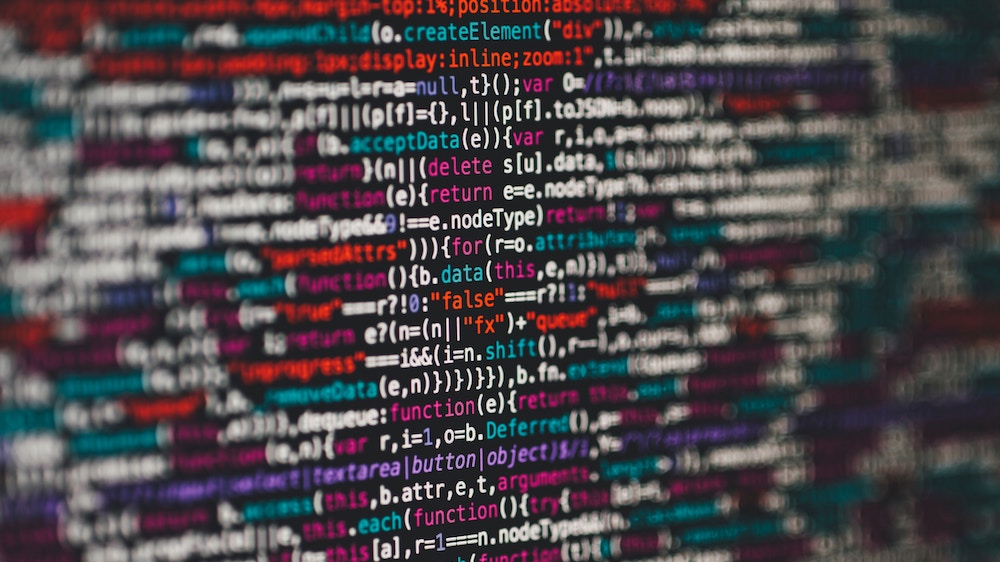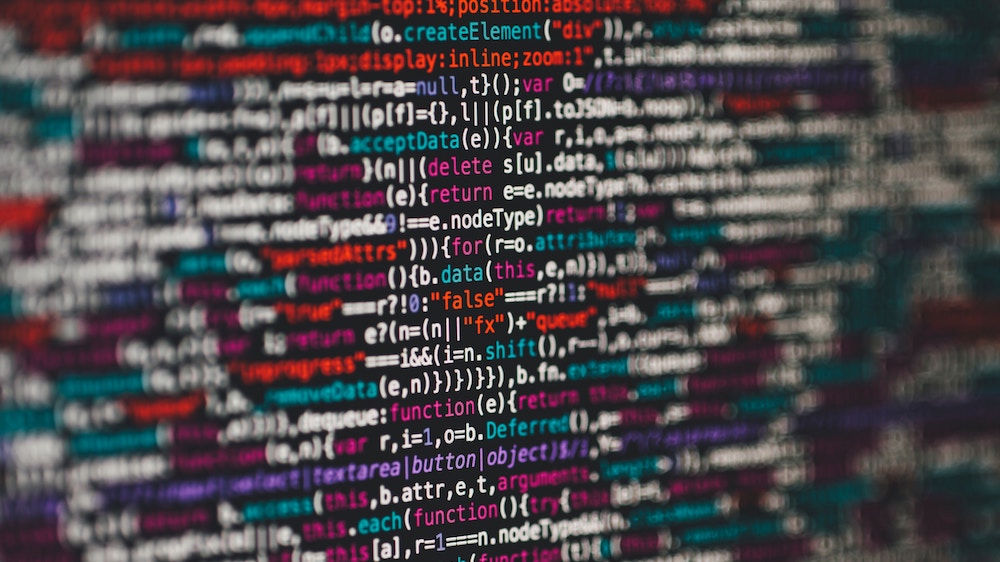
Photo by Markus Spiske on Unsplash
We are excited to announce that this summer we will open-source the Quantum Development Kit, including our Q# compiler and quantum simulators. By open-sourcing the Quantum Development Kit in GitHub, we enable developers to contribute alongside an emerging community of quantum computing programmers. We initiated this work last year when we open-sourced several features of the Quantum Development Kit, including the libraries and samples.
Every single contribution helps an expanding community of developers to use Q# to deliver exciting new solutions, tackling some of the most complex problems. 1QBit, a member of the Microsoft Quantum Network, is announcing its own contributions that will be available in the coming months. “Our approach to solving intractable industry problems requires new types of scalable software tools, and the Quantum Development Kit offers that and supports us in every step of our development process,” said Andrew Fursman, co-founder and CEO of 1QBit. “We’re excited to contribute two important code samples to accelerate advanced materials and quantum chemistry research, including one focusing on Variational-Quantum-Eigensolver (VQE) and another which demonstrates density matrix embedding theory (DMET) running on our platform, QEMIST.”
Additionally, academic institutions who require open-source software will be able to deploy Q# for their quantum learning and development. This approach allows developers and domain experts an opportunity to contribute improvements and ideas via their code.
One of the largest open-source contributions to date is the Quantum Development Kit’s chemistry library, developed in collaboration with Pacific Northwest National Laboratory (PNNL), a leader in both chemistry and data analytics. Thanks to PNNL’s contribution of samples and interfaces to NWChem, any chemist can start simulating molecular interactions and exploring quantum algorithms for real-world applications in the chemistry domain.
We believe in the power of communities to collectively achieve much more than what their members could do individually. We are excited to see the growth in contributions and, ultimately, the success of our quantum developer community, powered by Q# and the Quantum Development Kit.
Visit here to learn more about the Quantum Development Kit.
Every single contribution helps an expanding community of developers to use Q# to deliver exciting new solutions, tackling some of the most complex problems. 1QBit, a member of the Microsoft Quantum Network, is announcing its own contributions that will be available in the coming months. “Our approach to solving intractable industry problems requires new types of scalable software tools, and the Quantum Development Kit offers that and supports us in every step of our development process,” said Andrew Fursman, co-founder and CEO of 1QBit. “We’re excited to contribute two important code samples to accelerate advanced materials and quantum chemistry research, including one focusing on Variational-Quantum-Eigensolver (VQE) and another which demonstrates density matrix embedding theory (DMET) running on our platform, QEMIST.”
Additionally, academic institutions who require open-source software will be able to deploy Q# for their quantum learning and development. This approach allows developers and domain experts an opportunity to contribute improvements and ideas via their code.
One of the largest open-source contributions to date is the Quantum Development Kit’s chemistry library, developed in collaboration with Pacific Northwest National Laboratory (PNNL), a leader in both chemistry and data analytics. Thanks to PNNL’s contribution of samples and interfaces to NWChem, any chemist can start simulating molecular interactions and exploring quantum algorithms for real-world applications in the chemistry domain.
We believe in the power of communities to collectively achieve much more than what their members could do individually. We are excited to see the growth in contributions and, ultimately, the success of our quantum developer community, powered by Q# and the Quantum Development Kit.
Visit here to learn more about the Quantum Development Kit.




 IonQ Achieves Industry Leading Performance on Next Generation Barium Qubits
IonQ Achieves Industry Leading Performance on Next Generation Barium Qubits